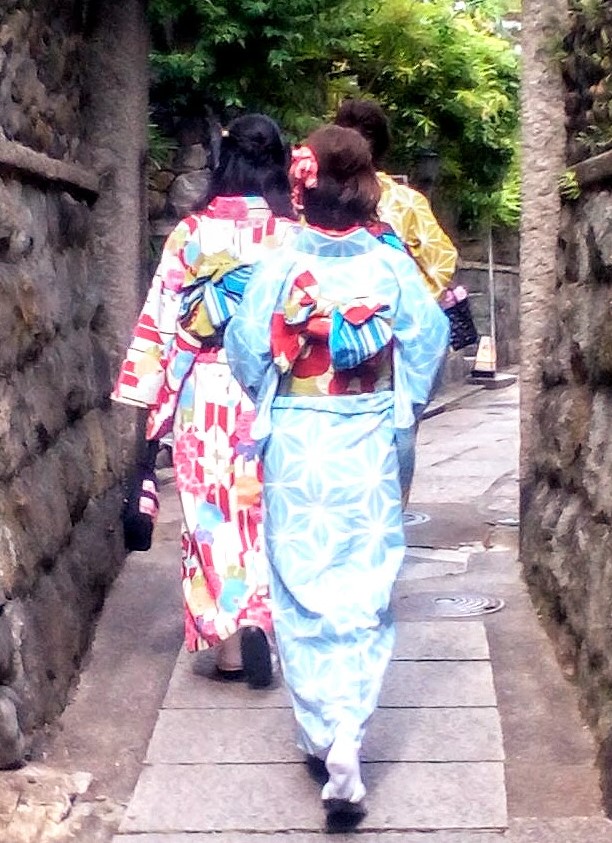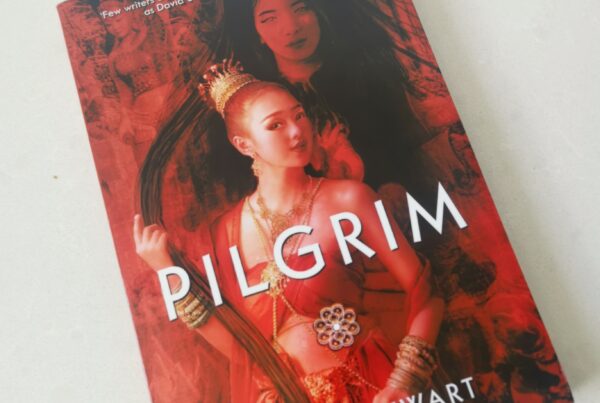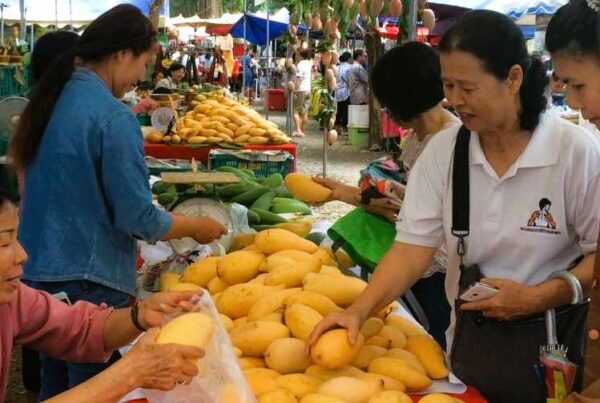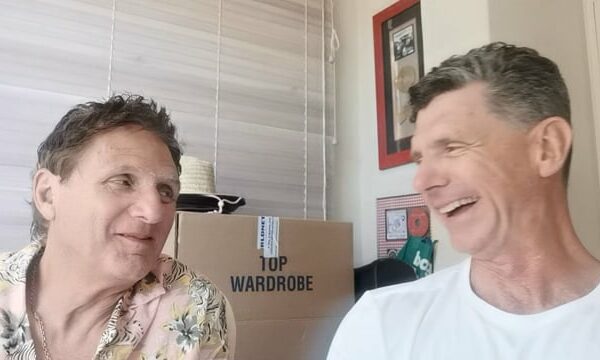This following excerpt comes from Part Two of my first book – One Day, One Life; the propaganda of success (Balboa Press, 2016). The chapter is called Been There Before and includes a piece of period prose I named ‘Sayonara Sad Sea’. I originally wrote ‘Sayonara’ in September 2005. The poem is set in Hamada, which is a city on the west coast of the main island of Honshu and includes two ‘haiku’ (traditional Japanese poems of seventeen syllables.)
As you no doubt can tell, I love Japan and I also love playing with the music of words and sprung rhythm.
Writing for me is like listening to music.
It is the imagery and emotion it evokes from the sounds of the words tripping and falling off your tongue.
It is magic.
I played with ‘Sayonara’ for years. Like a musician on a piano, I tinkled and touched the sounds till I found the right melody.
Putting a red pen through words and adding new words.
Taking out complete lines.
Making up words and exploring syllables.
And when I was finally done, I matched the scenery to the melody, and the scenery to the story.
When you judge my writing through the lens of the scholar, many imperfections appear but I do not write for academic praise.
I write to remind myself of the passion and purpose of living a life well led.
So here it is – Been There Before:
“The first time I stepped off the Qantas jet onto the tarmac at Narita Airport in Tokyo, I knew I had been there before. Mystic, marvellous, mad, and magical Japan. What a country! Amazing people. Yes, I had been here before. In the tiny, invisible atoms in my bones, I knew I belonged. Not in mind. But in body and spirit. As a person, a living being of pure energy. Not in my present form as David Stewart, But as a man who lived and loved in Nippongo centuries ago. The feeling of knowing was physical and cathartic. I felt at home and at peace. Visions of feudal Japan flashed through my head as I walked to the customs bus waiting on the tarmac. It was in the 1980s, and it was my first trip to Japan as my father’s business understudy. ‘Hollywood’ Jack Stewart is a legend in Japan. My father is a visionary, a maverick. As a young electrical engineer from Sydney County Council, he looked at the ugly, overhead electric wires in our beautiful city and knew they had to run under the ground. He went to the Aussie banks, and in their short-sighted ignorance, they showed him the door. He took his idea to Japan and they rolled out the red carpet. Massive corporates such as Hitachi and Kanematsu treated him like a lord. So began the story of underground, cross-linked cable in Australia. The Japanese are true entrepreneurs and investors. The Aussie banks jumped on board once the risk had born fruit. Like their Samurai heritage, the Japanese see growth in courage and change. Maybe a part of that DNA runs through the Stewart clan or in the Koori blood running through my mother’s veins? Who knows? All I know, is that the body doesn’t lie, and energy can neither be created nor destroyed. It just is, so here is an ode to my Japanese past.
“Blood is blood!” swears samurai, strong sword at his side.
At ancient lantern lowly lit, wild warrior waves aside.
Coyly curtsying courtesan, peels off practiced pride.
Fair and flawless, enters lacquered door, bows inside.
Kimono catches, dragging, sweeping shadow into sail,
Worldly war lord, winking wistfully at her tapered tail.
Water washes shaped stone, sweating soaking rain.
Bamboo branches, bare boards bending over drain.
Smiling shyly down drawn brow, black eyes cast to ground,
Strapped, sore shuffle long left lane, fine feet firmly bound.
Powder pauses on languid neck, perfumed poise astounds.
Plucking strings on treasured breath, her resonating sound.
Seaweed sewer shakes sea off, on brace of knotted wood,
Through island inlet travels trout, tremors as it should.
Tsunami ripple rouses rogue from sleepy, shady grove,
Worn hands, fan-beaded heat, on flickering charcoal stove.
Fish blood leaks on wooden blocks, guts souring in soft sun,
Knife and blade purge petty peace, gone gaijin ghetto’s gun.
Carved, callous, western coast, mountain bold, barrier bone,
Sake sweet, seeks sallow skin, old man yawns and groans.
Coastal cove shapes salted squid stretched and sagging net,
Waiting wife on water watch, a floating oar, lost son to fret.
Longer, lighter laughter lifts from children’s simple smile,
Family frames a photo creased, a personal placid trial.
Sea, sad, sucking sea,
Sayonara missing son,
Fair foam, forget me.
“Wild wind will wail,” weeps woman, “And rice will ever boil”
Bosom breaks, tears trickle, toes clinch in dry volcanic soil.
Her men are lost to nature’s wrath, the Lord will seek His fix.
Mad mystic bends on bible torn, a worshipped crucifix.
White men waste words and wonder wide, a spirit flees to sea,
Gold gown gapes loose on monk tonight as Jesus joins the free.
Samurai swipes at western ways, Nippon nerves of nestled steel,
Long beach and bay of lusty lads, His prayers wilt while you kneel.
Blue tuna fin flicks by morning psalm, how will they school to hell?
Will wooden ship miss mired mist for tolling opium bell?
Hamada heart, sun sets on sea, safe haven, dark-haired brave,
Ancestral son plucks peaceful harp on Shinto, shogun grave.
Sad son has died, earth’s eye, fat fish, look up from ocean floor,
Meek matron fluffs, fat futon bed, she shuns the corner whore.
Father wastes another haul, his seed swims swift and sound,
The painted tart turns papered cheek and marks the virgin ground.
Red, rising ball roasts lover’s leg, held high on bare, brown hill,
White whale wins windy breech and strains her fill of krill.
Gulls guide and grab at ghosts, shallow shale, barren bays,
Crabs crawl, cringing, cursing bone, a minor greets the day.
Man and wench walk hand-in-hand, searching, surging swell,
Moon merges over land of sun, stars shimmer on fresh well.
Sad son smiles down on mother meek, flat face, father broad,
Supple shadow sways swinging slow on arcing samurai sword.
Sand, soft, sweeping sand,
Sayonara missing son,
Heart held on hard hand.”
Need to read more?
This is an excerpt from One Day, One Life: P. 136-7. One Day One Life





